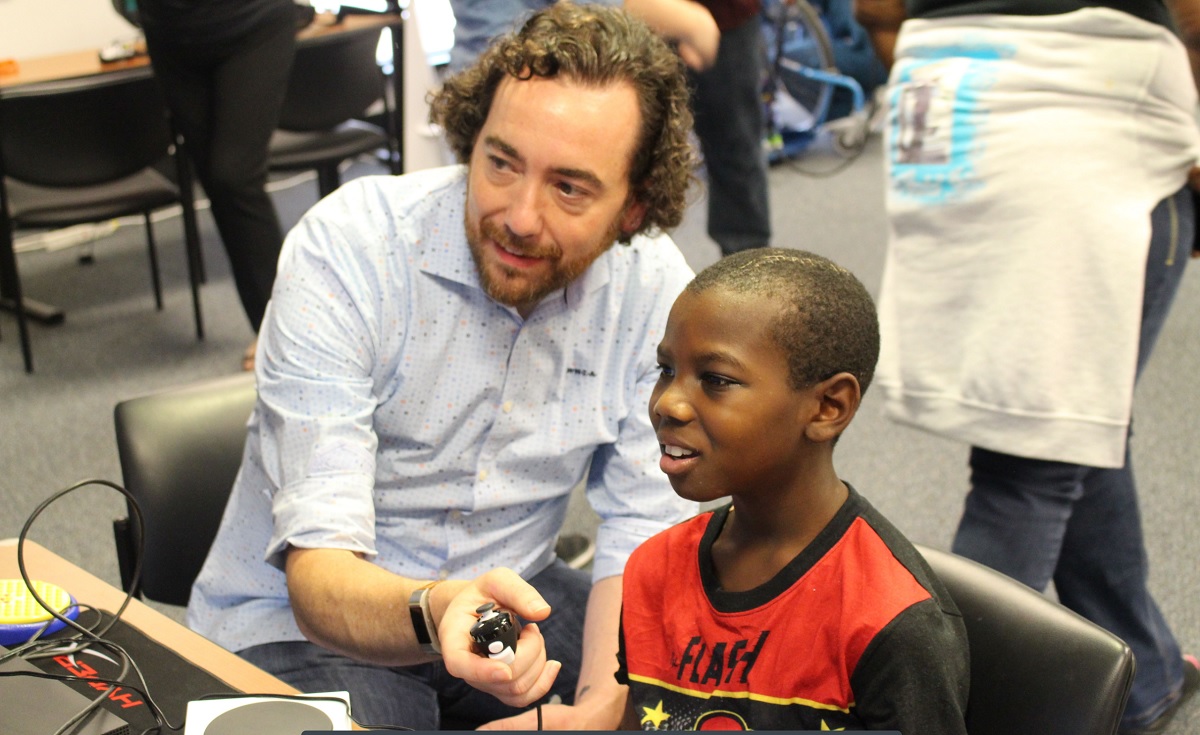Mark Barlet has 25 years of hands-on experience in the tech and assistive technology field. An injured veteran who left the Air Force in 1996, he became trained in assistive technology and supported hundreds of people with disabilities.
In 2004, his best friend, Stephanie Walker, was diagnosed with multiple sclerosis, a condition that nearly took away her ability to play video games. To help her and others with similar problems, Barlet started AbleGamers, a nonprofit that provides disabled gamers with assistive technologies in the belief that gaming fosters inclusive communities, combats social isolation, and improves the quality of life for people with disabilities.

Unlock premium content and VIP community perks with GB M A X!
Join now to enjoy our free and premium membership perks.
![]()

![]()